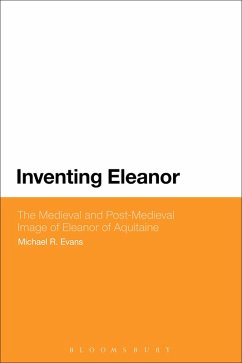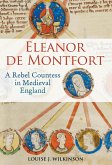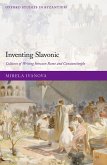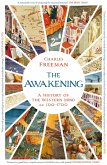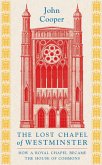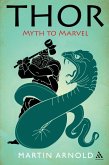Eleanor of Aquitaine (1124-1204), queen of France and England and mother of two kings, has often been described as one of the most remarkable women of the Middle Ages. Yet her real achievements have been embellished--and even obscured--by myths that have grown up over eight centuries. This process began in her own lifetime, as chroniclers reported rumours of her scandalous conduct on crusade, and has continued ever since. She has been variously viewed as an adulterous queen, a monstrous mother and a jealous murderess, but also as a patron of literature, champion of courtly love and proto-feminist defender of women's rights. Inventing Eleanor interrogates the myths that have grown up around the figure of Eleanor of Aquitaine and investigates how and why historians and artists have invented an Eleanor who is very different from the 12th-century queen. The book first considers the medieval primary sources and then proceeds to trace the post-medieval development of the image of Eleanor, from demonic queen to feminist icon, in historiography and the broader culture.
Bitte wählen Sie Ihr Anliegen aus.
Rechnungen
Retourenschein anfordern
Bestellstatus
Storno

